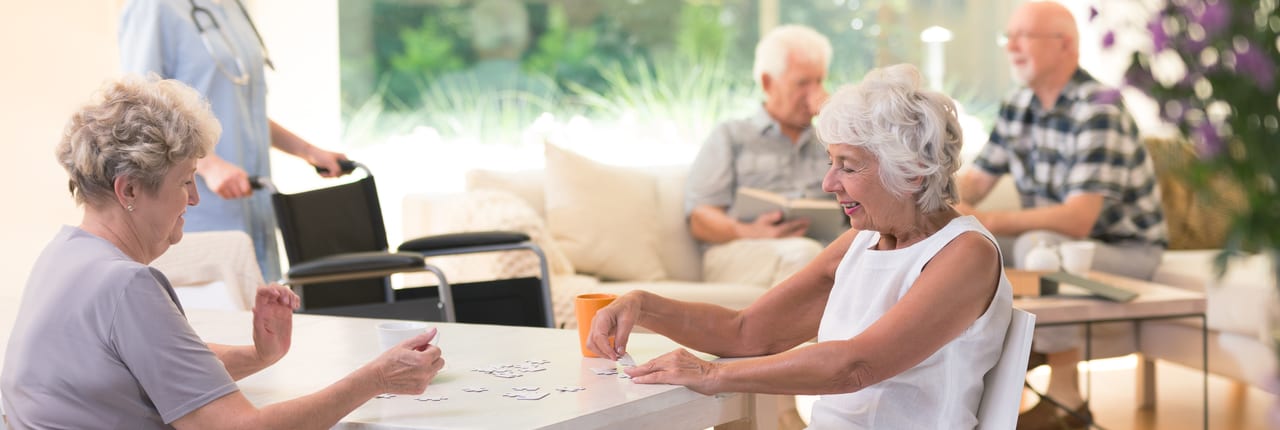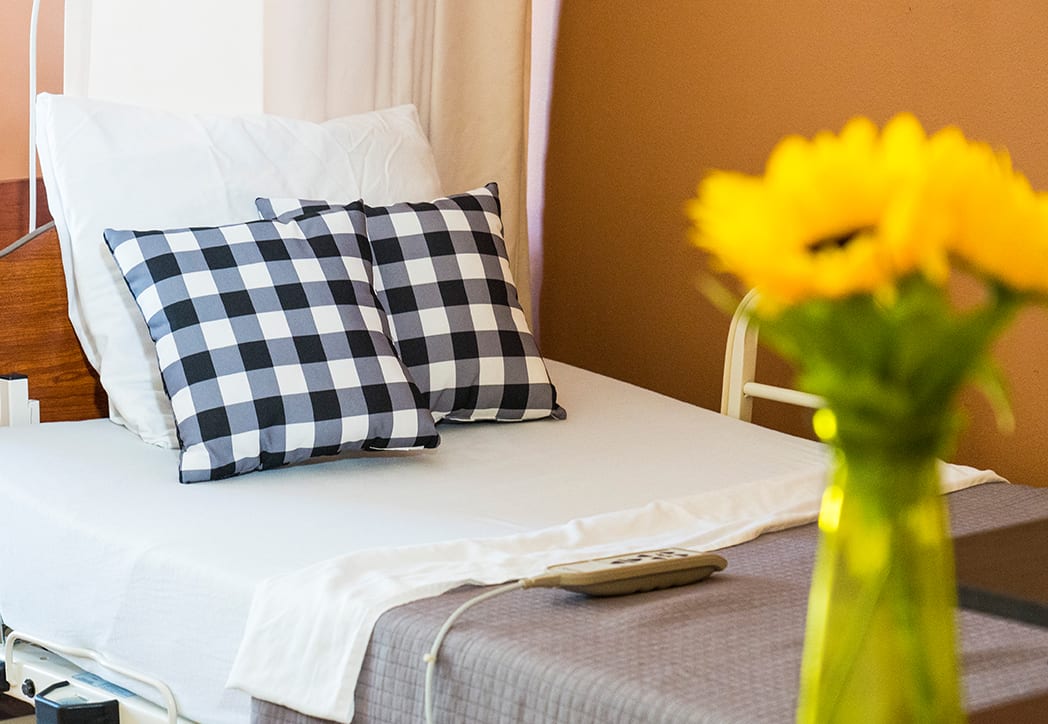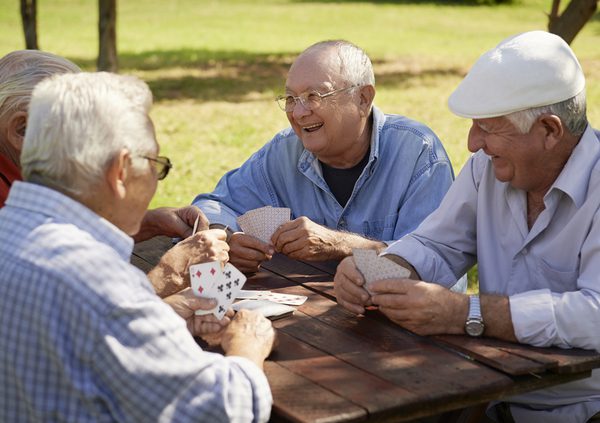 Being blue for 100 years might sound like a bad thing, but some of the latest research on longevity and human well-being suggests it just might be the thing to make you happy. Have you heard all the buzz about Blue Zones yet?
Being blue for 100 years might sound like a bad thing, but some of the latest research on longevity and human well-being suggests it just might be the thing to make you happy. Have you heard all the buzz about Blue Zones yet?
It all started back in 1999, when a couple of demographic researchers – think of them as the Lewis and Clark on the frontiers of living well – noticed a high concentration of healthy, happy men living to be a hundred. These male centenarians were concentrated in a group of villages in Sardinia, Italy.
The researchers, Gianni Pes and Michel Poulain, used a blue pen to draw concentric circles on a map identifying these villages. After their findings were published in the Journal of Experimental Gerontology, a National Geographic fellow named Dan Buettner began building on their work and identified other longevity hotspots in the world that he dubbed “blue zones.”
Buettner worked with a team of researchers and experts to isolate the reasons for the longevity and well-being witnessed in these Blue Zones. The upshot of their work was a list of nine lifestyle habits – what Buettner calls the Power 9 – that were responsible for all the long, happy lives – of not just men but women, too.
Of course, there are no guarantees that adopting these lifestyle habits will make you happy or healthy, much less extend your life, but the odds are in your favor. After all, your good genes will only get you so far, accounting for only 25 percent of life expectancy. That means your lifestyle choices can have a huge impact on how long you live and how happy you are.
Discovering the fountain of youth has been a human endeavor since humans began figuring out how to escape saber tooth tigers. Developing a strategy for living your best – and longest – life is something all of us at Advena also believe is important. So we’ve been doing our homework in creating our living communities to keep our residents healthy – and happy.
Yes, happiness was another feature Buettner found in the Blue Zones. In his latest book, The Blue Zones of Happiness: Lessons from the World’s Happiest People, Buettner explained that we would be surprised to learn what truly makes us happy.
Surprisingly, safety and security are among the most important factors that makes people happy. Having financial security makes you happier than conspicuous consumption. Living in a community where you can walk or bike where you need to go makes you happier than having to drive. Believe it or not, people who go to the dentist more often rate higher on the happiness scale.
Another factor – one that’s not so surprising – is the importance of minimizing isolation. Buettner found that prioritizing at least five to six hours of daily socialization was crucial. The old Barbra Streisand song “People” reminds us that “People who need people are the luckiest people in the world,” but apparently, they’re the happiest people in the world, too.
So how does Advena rank on the happiness scale? At Advena, we’ve long understood the importance of community. We design our living communities to minimize isolation and maximize opportunities for socializing with friends, family, Advena staff and other residents. Safety and security are hallmarks of Advena communities.
Buettner’s book targets 50 evidence-based ways to reshape not so much yourself (unlike most self-help theories) but your surroundings. Even if you’ve had trouble changing yourself, changing your surroundings can have a huge impact, Buettner believes. (Who says the geographic cure can’t work?)
In a 2017 National Geographic article, Buettner featured Costa Rica, Denmark and Singapore as three of the happiest places on earth. The article also singled out 25 of the happiest communities in the U.S. You can read more on Buettner’s Blue Zones website about diet, lifestyle and all the other factors Buettner’s team identified as conducive to living the Blue Zone life.
Also, stay turned for our second article in this series next month where we’ll take a deep dive into the Power 9 Buettner believes are crucial factors for living to 100 and beyond. We’ll give you one to practice with until next month: find a routine that sheds stress for you. Be it meditation, yoga, walking, praying, reading or any of a multitude of paths to finding peace. The important thing is simplifying and de-stressing life to live longer and better.
We’ll explore the rest of the Power 9 in more detail next time.





 Being blue for 100 years might sound like a bad thing, but some of the latest research on longevity and human well-being suggests it just might be the thing to make you happy. Have you heard all the buzz about Blue Zones yet?
Being blue for 100 years might sound like a bad thing, but some of the latest research on longevity and human well-being suggests it just might be the thing to make you happy. Have you heard all the buzz about Blue Zones yet?


